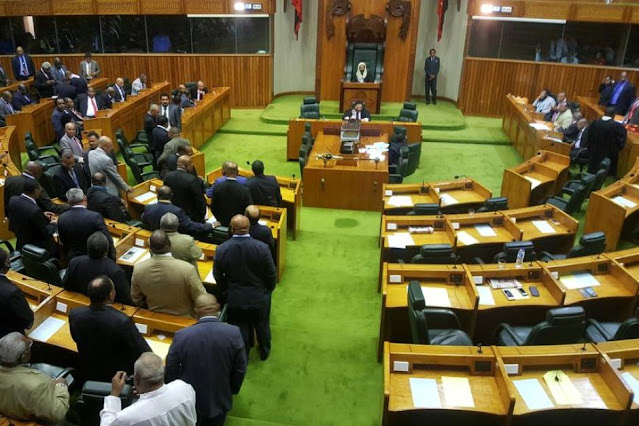Decentralizing Power as a Catalyst for Development
by: Nelson Wandi
At nearly half a century since its establishment, Papua New Guinea (PNG) has seen tepid progress in development, with sluggish advancement in the economy, infrastructure, and technology. Despite independence, the nation has struggled to utilize its abundant resources effectively due to the persistent mismanagement by ineffectual political leaders over the past 49 years.
PNG, in truth, operates more as a dependent state, heavily reliant on financial aid from more developed nations through loans, grants, and emergency financial packages to sustain its development efforts.
Repeated leadership failures marked by kleptocracy have taken their toll, causing the country to rely excessively on external resources and assistance, leading to a stagnation of state functionality over the years.
Development has been stunted, with no significant improvements in public policy or emergence of modern infrastructure and technological advances in both urban and rural settings. Economic reforms have been feeble, causing major economic indicators to flatline.
The government’s attempts to assure the public through media of development policies are perceived as insincere, breeding mistrust and skepticism about the government’s capacity to address corruption and actually implement proposed development policies.
The suggestion from Chief Sir Peter Ipatas, governor of Enga, regarding the decentralization of power, is critical. His vision for provincial autonomy demands urgent attention and implementation to enable provinces to manage their affairs independently, particularly those that are financially capable of doing so without central government assistance.
Such decentralization could alleviate the national government's burden, especially in light of the dire financial challenges, and ensure compliance with rules and regulations at the district level. Yet, the allocation of public resources remains narrow and corrupt, depriving many communities of much-needed funds and public services, pushing local migration to urban centers and exacerbating urban problems.
With PNG’s rich natural resources, including significant contributions from minerals, petroleum, and agriculture to the nation's export revenue, the persistent need for foreign assistance is perplexing and indicative of mismanagement.
The high cost of living and ineffective government control over pricing and tax policies, coupled with regulatory bodies hampered by red tape, exacerbate the situation. Political interference and poor economic policy have adverse impacts on development prospects.
The mismanagement of the economy and public funds has led to a neglect of rural areas, a situation that contrasts sharply with other Pacific nations. It's a failure on the government’s part, which has shown no ambition or meaningful effort to prioritize public interest, especially in underserved areas.
The government must focus on resetting its policies and embracing the decentralization of power, as proposed by Sir Ipatas, to drive development forward. Autonomy for provinces could provide a more effective approach to development, governance, and the provision of public services.
After 49 years of underwhelming development, it is clear that the government has not matured to the point of running the country independently. The rich natural resources of PNG are being depleted by the corrupt practices of self-interested leaders, and the leadership at the national level lacks the necessary tact and diplomacy.
For PNG to heal and progress, the government must urgently prepare for and implement provincial autonomy as a developmental strategy. This change could be pivotal for the nation's future, fostering local empowerment and more equitable development.








Comments
Post a Comment
Please free to leave comments.